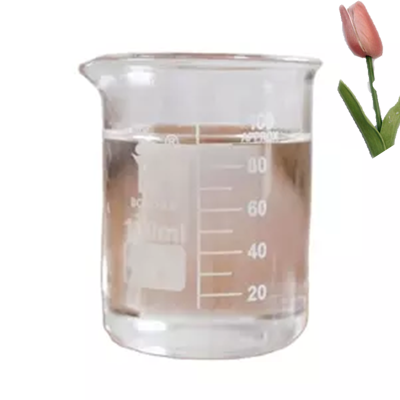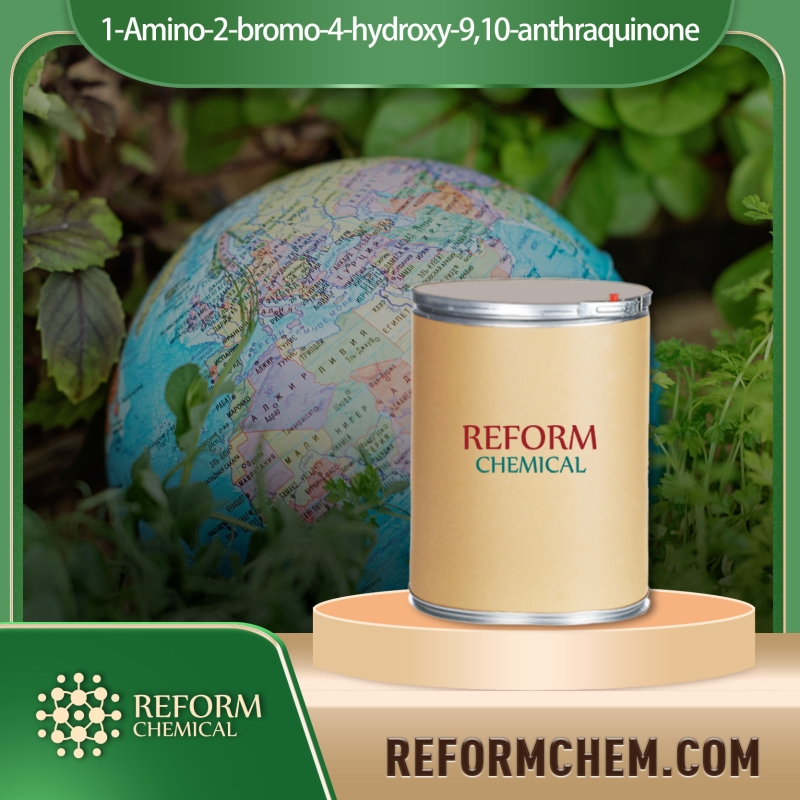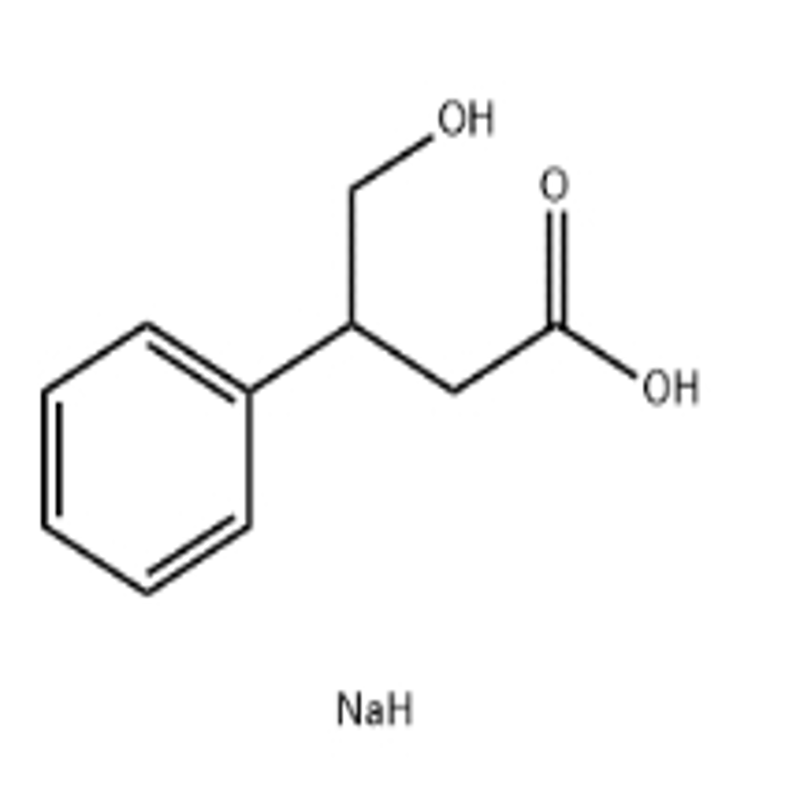-
Categories
-
Pharmaceutical Intermediates
-
Active Pharmaceutical Ingredients
-
Food Additives
- Industrial Coatings
- Agrochemicals
- Dyes and Pigments
- Surfactant
- Flavors and Fragrances
- Chemical Reagents
- Catalyst and Auxiliary
- Natural Products
- Inorganic Chemistry
-
Organic Chemistry
-
Biochemical Engineering
- Analytical Chemistry
-
Cosmetic Ingredient
- Water Treatment Chemical
-
Pharmaceutical Intermediates
Promotion
ECHEMI Mall
Wholesale
Weekly Price
Exhibition
News
-
Trade Service
3,5-Dihydroxyacetophenone (DHAP) is an organic compound that is widely used in various applications in the chemical industry.
It is a yellow or greenish-yellow solid that is soluble in water and organic solvents.
DHAP is synthesized from phenol and acetone through a series of chemical reactions.
The chemical formula for DHAP is C6H6O3.
One of the most common applications of DHAP in the chemical industry is as a building block for the production of various polymers.
It is used in the manufacture of polycarbonates, which are a type of plastic that is widely used in the production of electrical components, automotive parts, and medical devices.
DHAP is also used in the production of polyarylacetals, which are used in the manufacture of a wide range of products, including packaging materials, bottles, and fibers.
DHAP is also used as a developer in photography.
It is used in the production of photographic films, papers, and plates.
It is also used in the production of other types of photographic chemicals, such as printing inks and toners.
In the pharmaceutical industry, DHAP is used as an intermediate in the production of certain drugs.
It is used in the production of antibiotics, anti-inflammatory drugs, and tranquilizers.
DHAP is also used in the production of various types of cosmetics.
It is used in the production of shampoos, soaps, and lotions.
It is also used as an antioxidant and a UV protector in sunscreens.
In the food industry, DHAP is used as a food additive.
It is used as a flavor enhancer and a preservative.
It is also used in the production of certain types of candies and baked goods.
In the textile industry, DHAP is used as a finishing agent.
It is used to improve the texture and appearance of fabrics, and to enhance their resistance to wrinkles and creases.
DHAP is also used in the production of various types of biodegradable plastics.
These plastics are used in the production of packaging materials, bottles, and other types of products that are designed to be biodegradable.
In addition to these applications, DHAP is also used in various other industrial processes.
It is used in the production of certain types of dyes and pigments, and it is used as a solvent in the production of certain types of inks and adhesives.
Overall, DHAP is a versatile compound that has a wide range of applications in the chemical industry.
Its ability to be used as a building block for the production of various polymers, its use as a developer in photography, and its use as an intermediate in the production of certain drugs and other chemicals, make it a valuable chemical in various industries such as pharmaceutical, cosmetics, food, textile and more.







